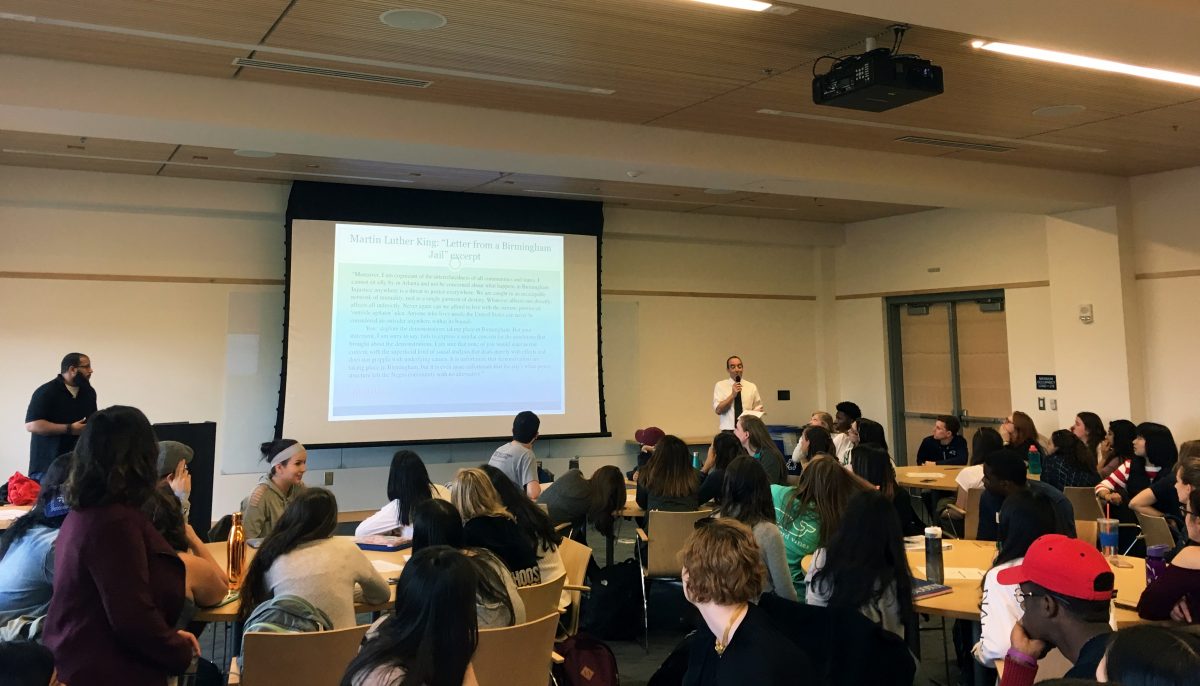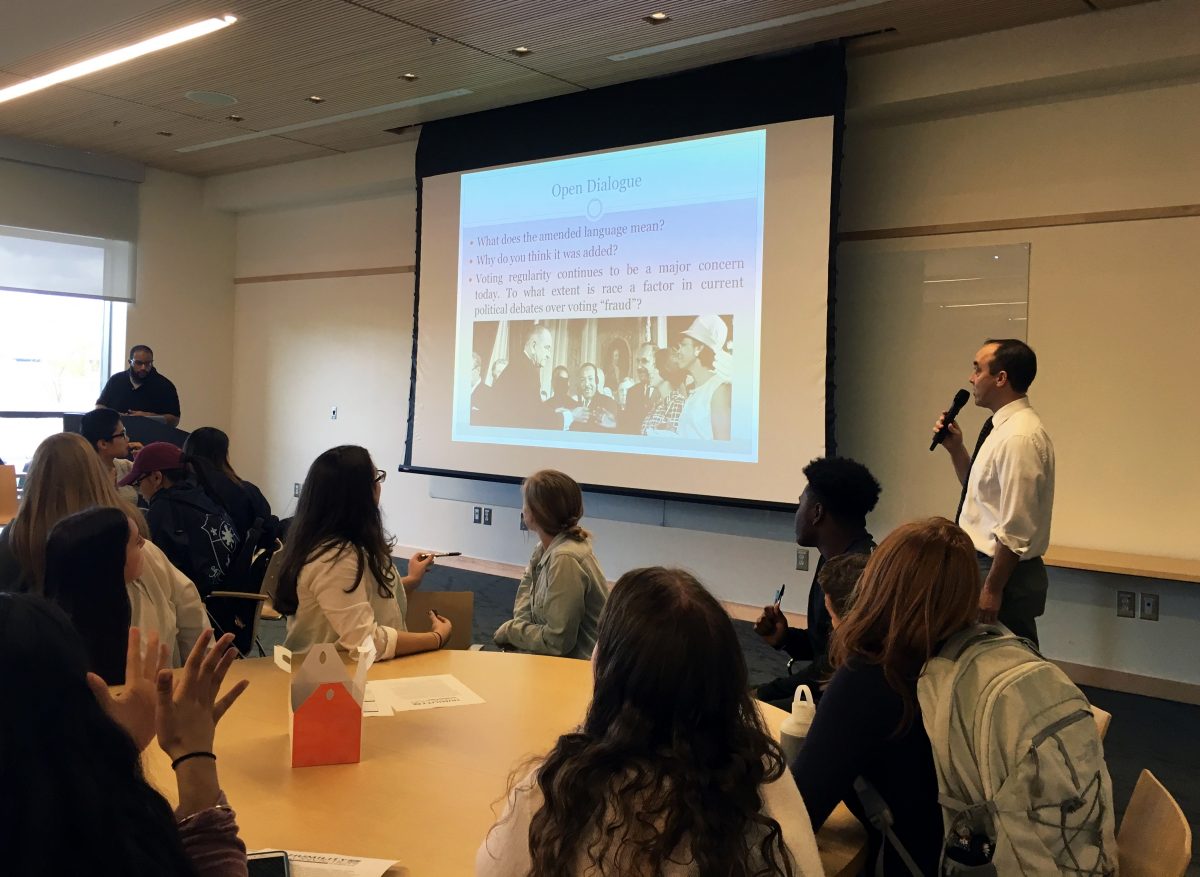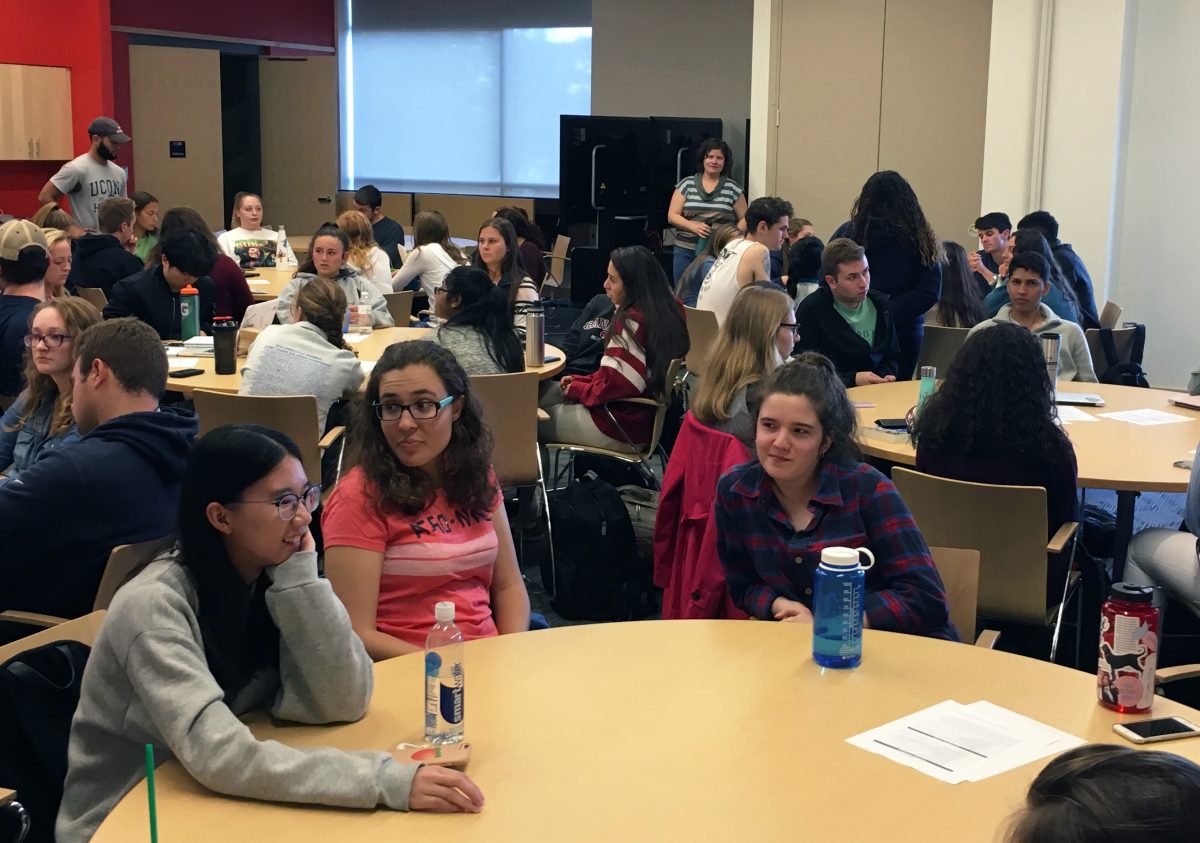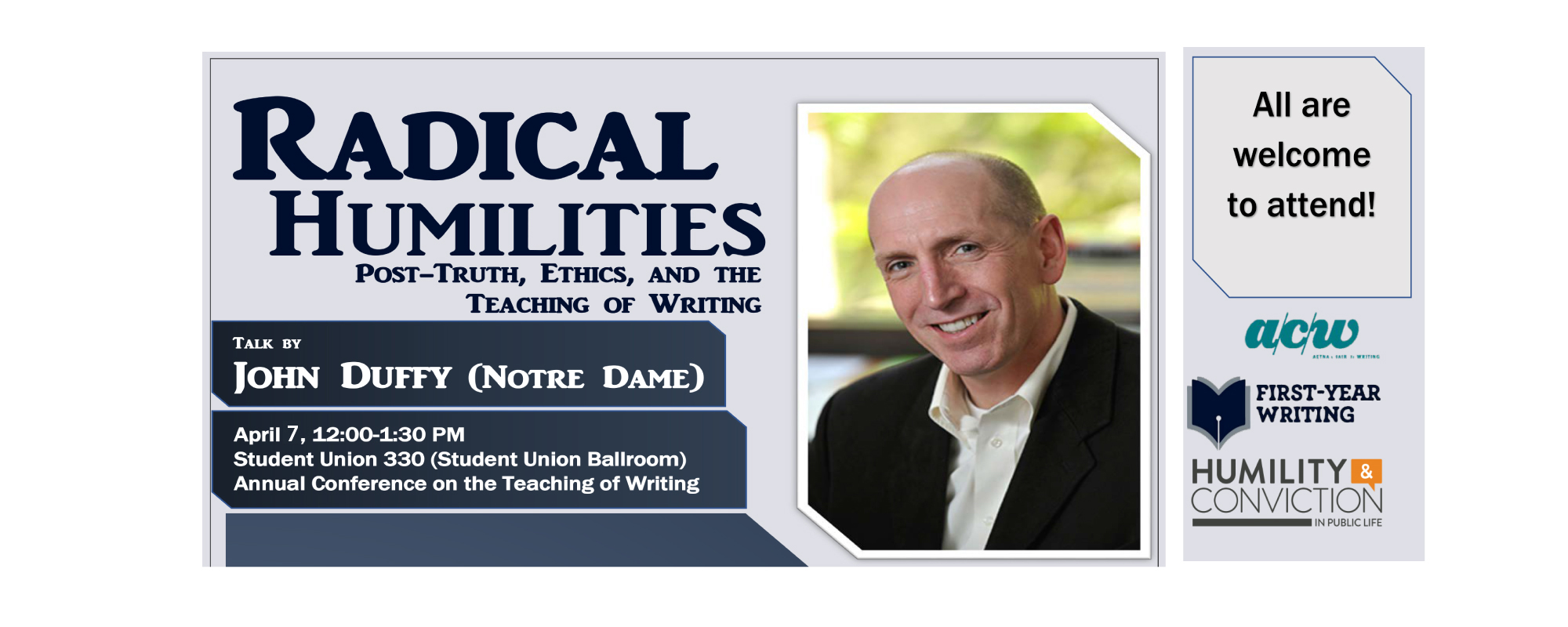Ufuk Topkara is a residential research fellow with the Humanities Institute’s Humility and Conviction in Public Life Project
H&C: What is your academic background and what is your current position in UCHI/at UConn/Your Home Institution?
UT: I received a master’s degree in history from the Humboldt University, Berlin and am completing my doctoral dissertation with the Graduate School of Islamic Theology in Germany. I am a 2017 residential fellow at UCHI.
H&C: What is the project you’re currently working on?
UT: My research centers on the convergence of reason and revelation. I bring Islamic Theology into discourse with Modern Philosophy. This is both the subject of my doctoral dissertation, as well as theoretical and methodological articles that I am currently preparing for publication.
H&C: How did you arrive at this topic?
UT: Both my academic and personal background draw from multiple traditions. I have always been interested in how disciplines can inform and strengthen one another. I also remain dedicated to the translation of academic work for diverse broader populaces, which is a key aspect of my major intellectual project.
H&C: What impact might your work have on a larger public understanding of your topic?
UT: I believe that my work could help society to look at two intellectual and social traditions often misperceived as diametrically opposed to one another (Islamic Theology and Modern Philosophy) as both complementary and complicating simplistic discourses on religion and secularity. I also feel that by providing an initial methodological model that unites these two disciplines, other theologians could apply and expand our understandings of the interrelation between reason and revelation. This is especially important at a time in which much of European and American society feels discomfort with/disconnected from the religion of Islam.



